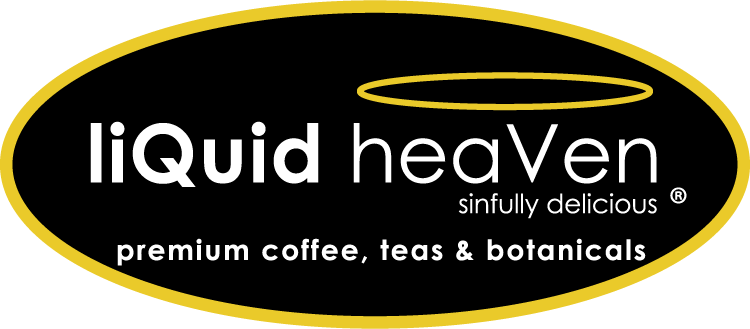Traditional Arab, Greek and Turkish style coffee does not differ from any other type of coffee in the sense that a different coffee bean is used. Instead, the difference between traditional coffee and coffee brewed today is the mode of preparation in which it is made. Traditional coffee is prepared with all of the ingredients, coffee grounds and sugar, boiled together over an open flame and served hot in a small demitasse cup. Traditional Arab, Greek and Turkish style coffee has been found to be high in anti-inflammatory and antioxidant properties making it a drink that can increase longevity.
To begin to brew a homemade pot of traditional Arab, Greek, or Turkish coffee be sure to have all of the necessary tools and ingredients needed. These include; coffee grounds, sugar, cold water, demitasse cups, and a briki. A briki (also known as a cezve) is a small pot usually made from copper that has a long handle and is used to boil the ingredients together over an open flame. Briki’s usually come available in 2, 4, and 6 cup sizes if needed to make more than one cup of traditional coffee.
1. Beginning with the briki, add the desired amount of water for the desired amount of cups of coffee that will be served.
2. Mix coffee grounds and sugar into the briki and stir with the cold water.
3. Set the briki over an open flame and bring to a boil so that the foam rises to the top. The foam is especially important when serving Arab, Greek and Turkish style coffee as it is in rich in taste and is an indicator to when the coffee is finished.
4. Evenly distribute the foam between all of the demitasse cups than pour in the rest of the coffee. Be sure to pour the coffee slowly making sure to not disturb the foam.
5. Once the coffee is served a glass of cold water can be served alongside the coffee in case it is too hot. Cookies and biscuits as well can be served also.
Although traditional Arab, Greek, and Turkish coffee is rich in taste not many individuals enjoy their coffee sweet. If this is the case than unsweetened coffee can be served simply by not adding any sugar to the briki. Medium-sweet coffee can be served simply by adding one teaspoon of sugar for every two teaspoons of coffee. If extra sweet coffee is desired than add three teaspoons of sugar for every two teaspoons of coffee.
Traditional coffee is very easy to make and can be made in as fast as 6 minutes if serving for up to four people. However, unlike coffee brewed in the United States traditional Arab, Greek, and Turkish style coffee is not finished to the last drop. Instead, sediments from the coffee grounds gather at the bottom of the demitasse cup and can taste fairly bitter if consumed. Traditional coffee is usually sipped diligently while it is still hot and the remnants discarded once finished.
SOURCE: Natural News







